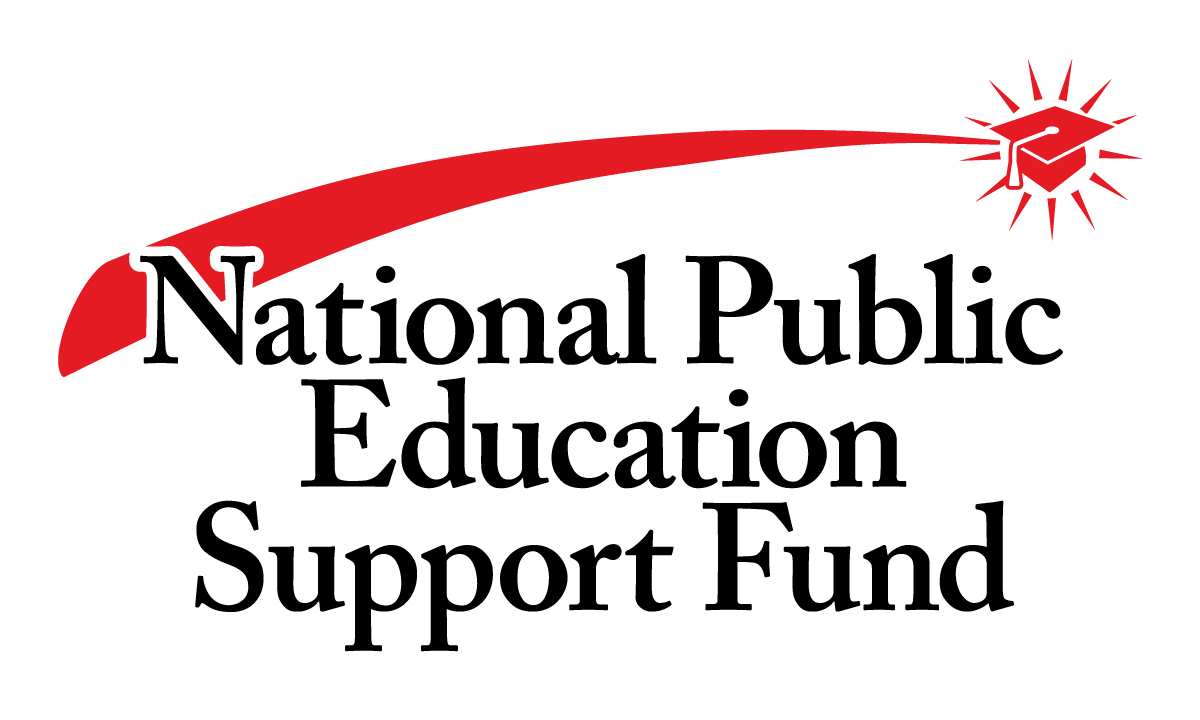Friday | April 8, 2016
The notion that teaching and learning are social endeavors may seem obvious. Yet, the implications of that statement for research, policy and practice are less so. This conference seeks to shine a light on these issues by foregrounding recent evidence demonstrating that social aspects of schools and school systems deeply influence school improvement. Furthermore, the conference seeks to encourage vigorous debate on the practical implications of this evidence.

Introductory Remarks
- Randi Weingarten, President, American Federation of Teachers & Albert Shanker Institute
About This Conference
-
Esther Quintero, Senior Fellow, Albert Shanker Insitute.
Systems, Networks and Relationships
This session presents evidence on the broader systems in which schools are situated. Panelists look at (a) the conditions that support (or hinder) the formation of strong social networks and the diffusion of knowledge across school systems, and (b) the reform attributes that make some reform efforts more effective than others (e.g., leveraging the broader school community, relational trust).
- Alan J. Daly, Professor and Chair, University of California San Diego.
- Kara S. Finnigan, Associate Professor, University of Rochester.
- Molly F. Gordon, Senior Research Analyst, University of Chicago Consortium on School Research.
Moderator: Kent McGuire, President & CEO, Southern Education Foundation.
Download Session 1 slides here.
Improving Education Through a Focus on Partnerships
The details of policy implementation are not always amenable to central regulation; rather, they have to be dealt with by those who are closest to and, therefore, in a better position to understand and influence their local contexts. Panelists will reflect on a view of change that leverages research and includes stakeholders that are often neglected in formal policy (e.g., practitioners, parents). Speakers will reflect on the value of these partnerships, their characteristics and the kind of infrastructure that can support collaborative, continuous improvement.
- Paula Arce-Trigatti, Director, National Network of Education Research-Practice Partnerships.
- Erin Benham, Literacy Teacher and President of the Meriden Federation of Teachers.
- Robert L. Hughes, President, New Visions for Public Schools; incoming K12 Strategy Director, Bill & Melinda Gates Foundation.
- Geoff Marietta, Research Fellow, Berea College & Executive Dir., Pine Mountain Settlement School.
- Vivian Tseng, Vice President, William T. Grant Foundation.
Moderator: Jo Anderson, Co-Director, Consortium for Educational Change.
Download Session 2 slides here
Lunch
-
Linda Darling-Hammond, President and CEO, Learning Policy Institute and Charles E. Ducommun Professor of Education Emeritus at Stanford University.

The Schools Where Teachers Stay, Grow & Succeed
This session highlights the importance of treating teacher development as something that can (and should be) cultivated through organizational processes -- hiring, induction, collaboration, evaluation -- that have social relations at their center. Speakers will present evidence from large-scale studies and in-depth comparative case studies showing that teachers who work in supportive contexts stay in the classroom longer, and improve at faster rates than their peers who don’t.
- C. Kirabo Jackson, Associate Professor, Northwestern University.
- Susan Moore Johnson, Jerome T. Murphy Research Professor of Education, Harvard University.
- Matthew A. Kraft, Assistant Professor, Brown University.
- John P. Papay, Assistant Professor, Brown University.
- Matthew Ronfeldt, Assistant Professor, University of Michigan.
Moderator: Marla Ucelli-Kashyap, Assistant to the President for Educational Issues, AFT.
Download Session 3 slides here
Policy Implications at the Local and State Levels
What are the practical challenges of restructuring the school day so that teachers have more time to work with and learn from their peers? What types of pre-service and on-the-job training would enhance educators’ ability to mentor new colleagues or work more effectively as a team? What incentives, supports, and accountability mechanisms exist to ensure that practice shifts toward this alternative model? This session addresses these and other key questions.
- Elaine Allensworth, Lewis-Sebring Director, Univ. of Chicago Consortium on School Reform.
- Joshua Starr, Chief Executive Officer, PDK International.
- Karen Webber, Director, Education and Youth Development, Open Society Institute-Baltimore.
Moderator: Leo E. Casey, Executive Director, Albert Shanker Institute.
Download Session 4 slides here
With Support From


Related
- Publication: The Social Side of Education: A Research Primer
- Publication: Can Collaborative School Reform and Teacher Evaluation Reform Be Reconciled?
- Program: The Social Side of Education Reform
